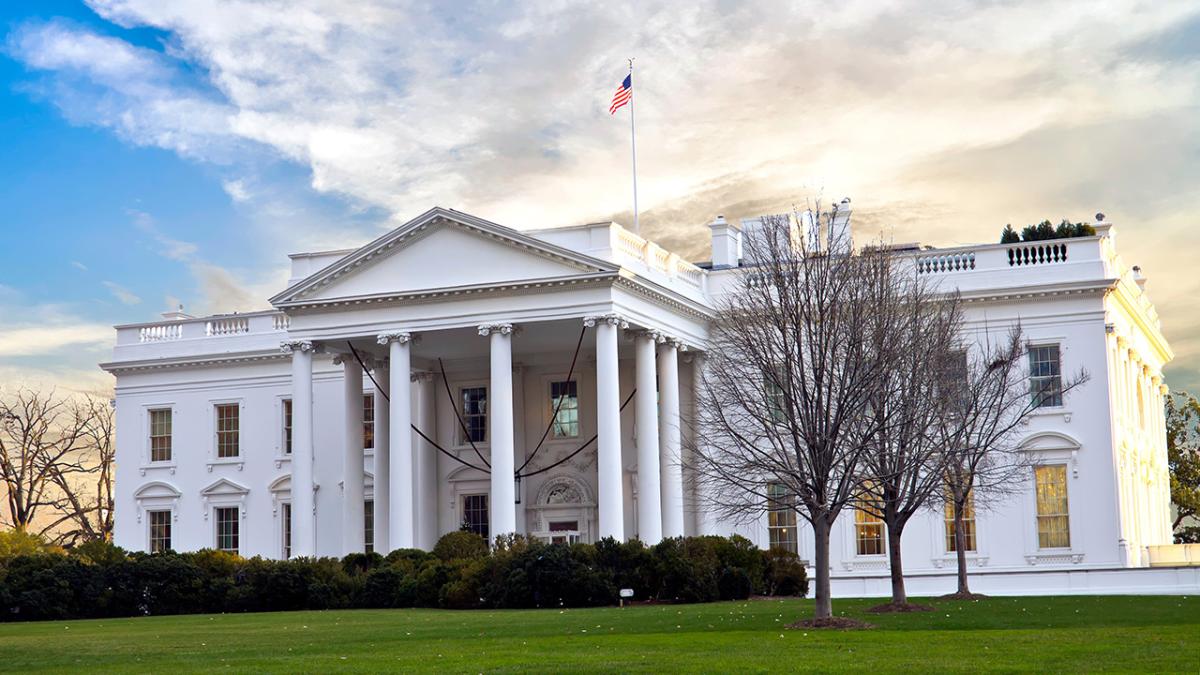Adobe Stock
This column was published by Nebraska Farmer on Aug. 28, 2024, and is excerpted here with permission.
With the summertime national party conventions past, the heart of the fall campaign swing will command national headlines through election day in early November. There are plenty of stories, theories and predictions for the run for the White House and for control of the Senate and House of Representatives.
From the campaign materials and news accounts, there also are numerous ideas about what could happen for ag and other policies in the coming year. Depending on the election outcome, it is conceivable to imagine several different directions, meaning a great deal of uncertainty facing ag producers and policy stakeholders.
What about the farm bill?
The first question might be the fate of the farm bill itself, and the key question may be more about the timing than the content. The primary policy battles within the farm bill appear to focus on food and conservation funding. Policymakers have not yet resolved the long-running battle over the amount of food assistance funding and the balance of food versus farm funding in the bill. They also have not come to an agreement on funding in the conservation title for climate practices versus other conservation practices.
Although these and other issues in the bill present real challenges to getting a farm bill complete, the real question might be the timing. By almost all accounts, the opportunity to finish a bill on time before expiration at the end of September is gone, and the reality is that the first real chance to finish a farm bill will come in a lame-duck session of Congress after the election.
If the election produces a split in party control, such as what currently exists in Washington, then one could imagine a Congress willing to work toward compromise that gets the bill done and off the agenda for the coming year. If the election gives control of the federal government, or at least control of Congress, to one party, then policymakers may be emboldened to hold out until the new session of Congress and start the process over.
Save for the slim prospects of a compromise bill during the lame-duck session, another one-year extension of the current farm bill seems most likely.
Continue reading full column via Nebraska Farmer ...


